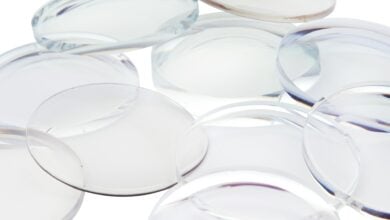Are you looking to install a new garage door or repair your existing one? Well, you’re in luck because you just landed in the right place. There’re tons of materials you can use for your garage door and each of these materials come with various advantages and disadvantages.
In this article, you’ll go through a quick rundown of the materials available for your garage door so you can choose the most suitable for your home.
1. Wood
Back in the day, wood was the primary material used in building garage doors. Even today, there’re homeowners who still prefer using wood due to their aesthetics. Also, this option comes in multiple styles.
If you want the cheapest of all options, then your best bet would be the flat hardboard panels. On the other hand, the most expensive are the stain-grade wood doors, which of course will cost more. However, you can expect additional warmth from this type of wood.
While wood may be a better insulator than steel and other metallic materials, steel offers energy conservation.
In addition, wood is rather expensive not only when purchasing but also maintenance since it requires regular polishing. For this reason, you may want to call the experts, Garage Door Repair Nashville, for installation and maintenance.
1. Steel
This is the most common material for garage doors. First, because steel is affordable, low maintenance and durable. In addition, you can get any style you can think of since they can be painted and is available in a variety of textures to matchwood.
Also, when choosing steel, you must keep in mind two vital factors. One is the insulation. Steel is metallic, hence a poor insulator. Therefore, it’s in your best interest to choose an insulated door to reduce energy costs and noise.
The second factor is the steel thickness. Thin doors, gauge 27-28, are cheaper compared to thicker doors and are prone to dents from almost anything with a significant force such as a basketball. You may want to choose thicker gauge, gauge 24, for enhanced thickness.
2. Fiberglass
If you’re in the coastal areas, you may want to choose fiberglass for your garage door. This is because the material is salt-resistant. However, it fails to impress in other areas. It’s light, can fade due to weather elements and is a poor insulator.
Also, despite these drawbacks, fiberglass proves to be stronger than thin steel and offer resistance to dents.
3. Wood Composite
These doors are made of recycled wood fibers and can match steel’s strength while maintaining the aesthetics for the lovers of natural looks. Furthermore, you can choose to stain or paint the wood composite.
One of the main advantages of composite doors is its resistance to splitting and rot something natural wood may not withstand.
4. Aluminum
Aluminum and steel share several characteristics although the former allows for faux wood texturing, which come with durable finishes. Also, aluminum is cheaper than steel but for this inexpensive material, you’ll have to be careful otherwise you’ll end up with dents due to its light nature.There you have it. The various types of garage door materials you can choose from the next time you want to install a new garage door




